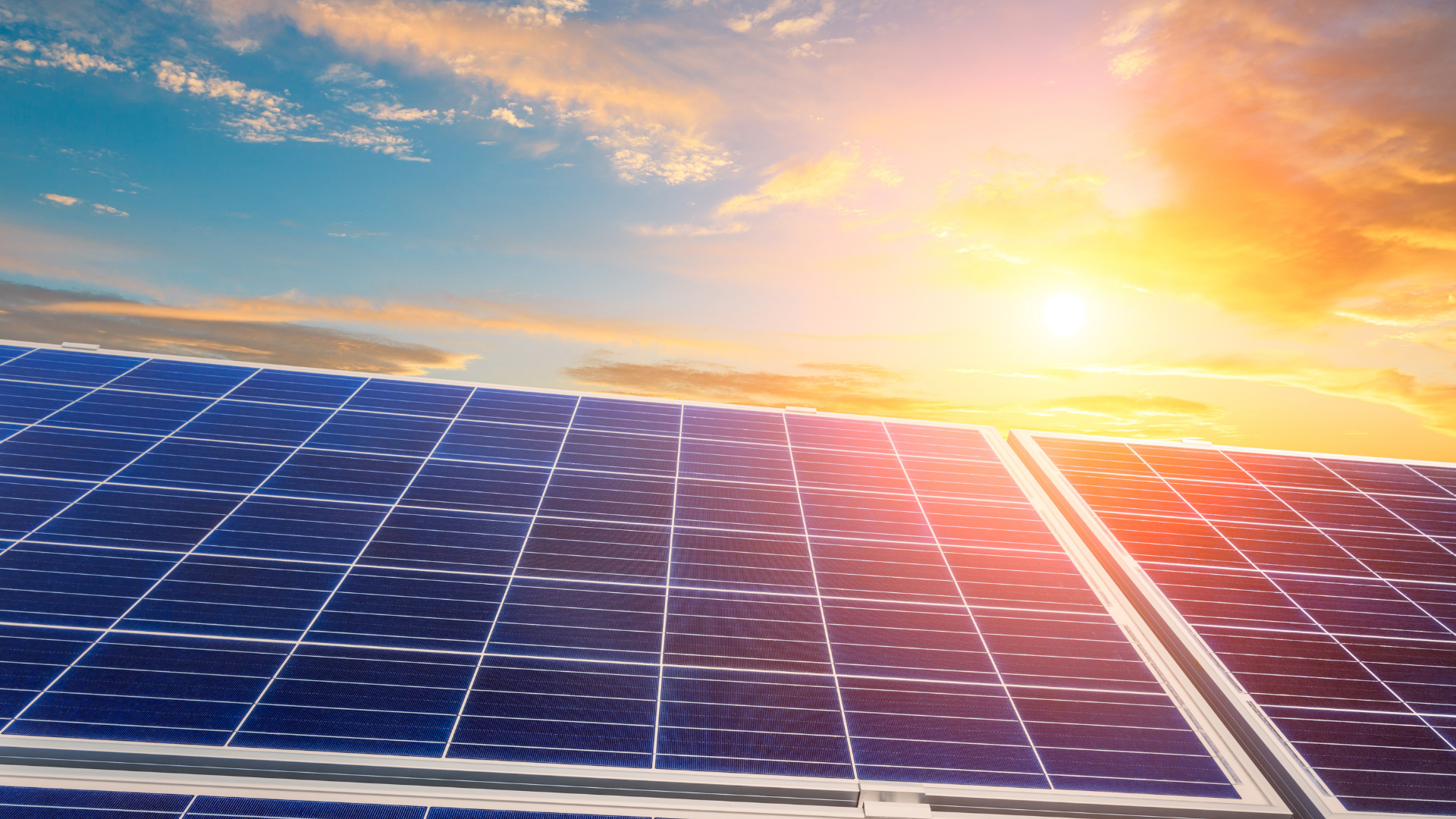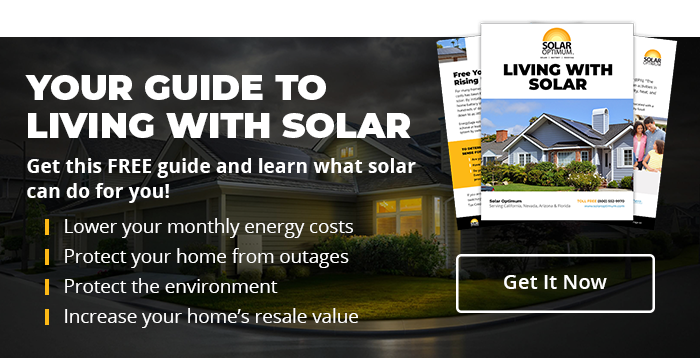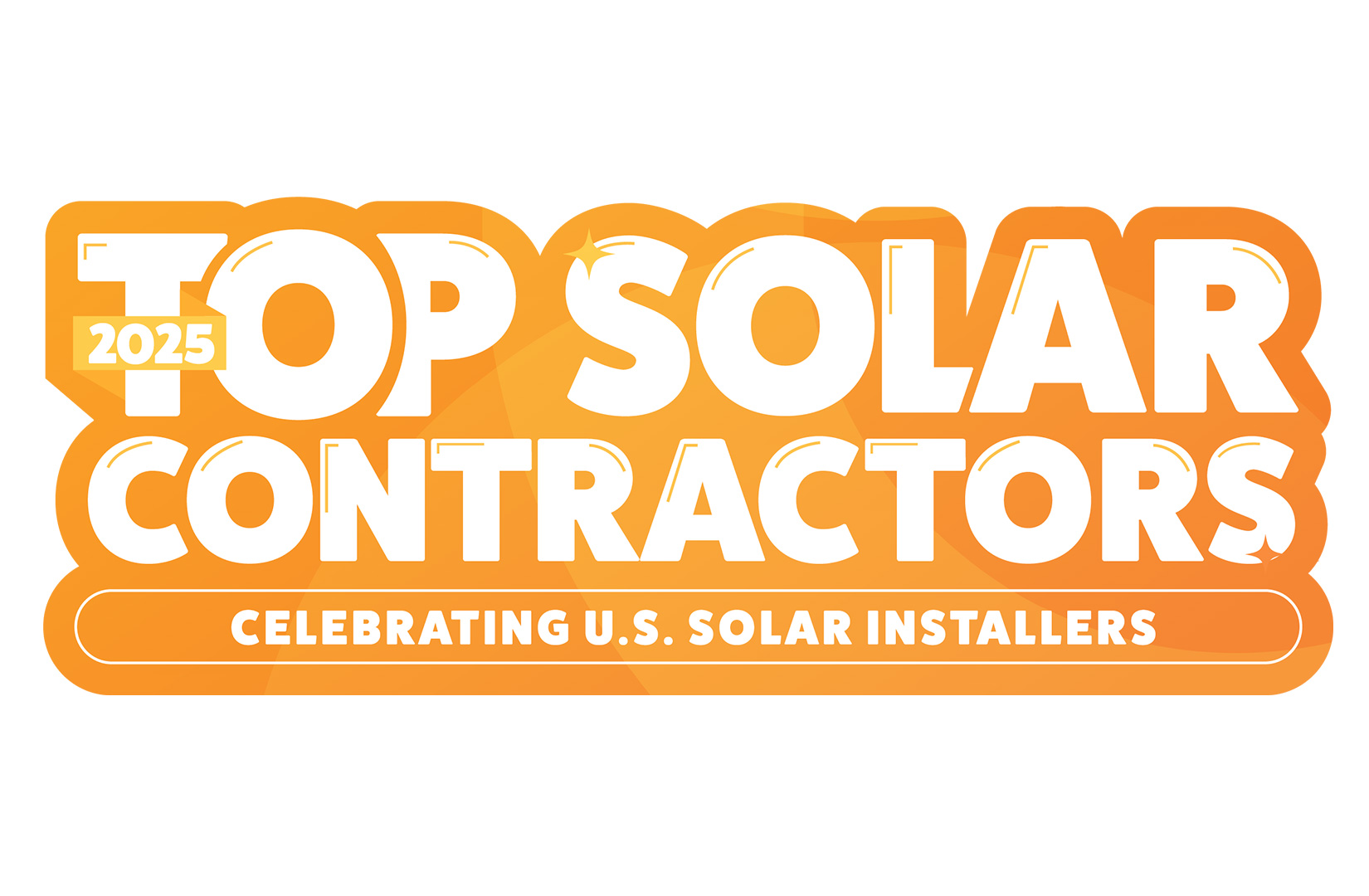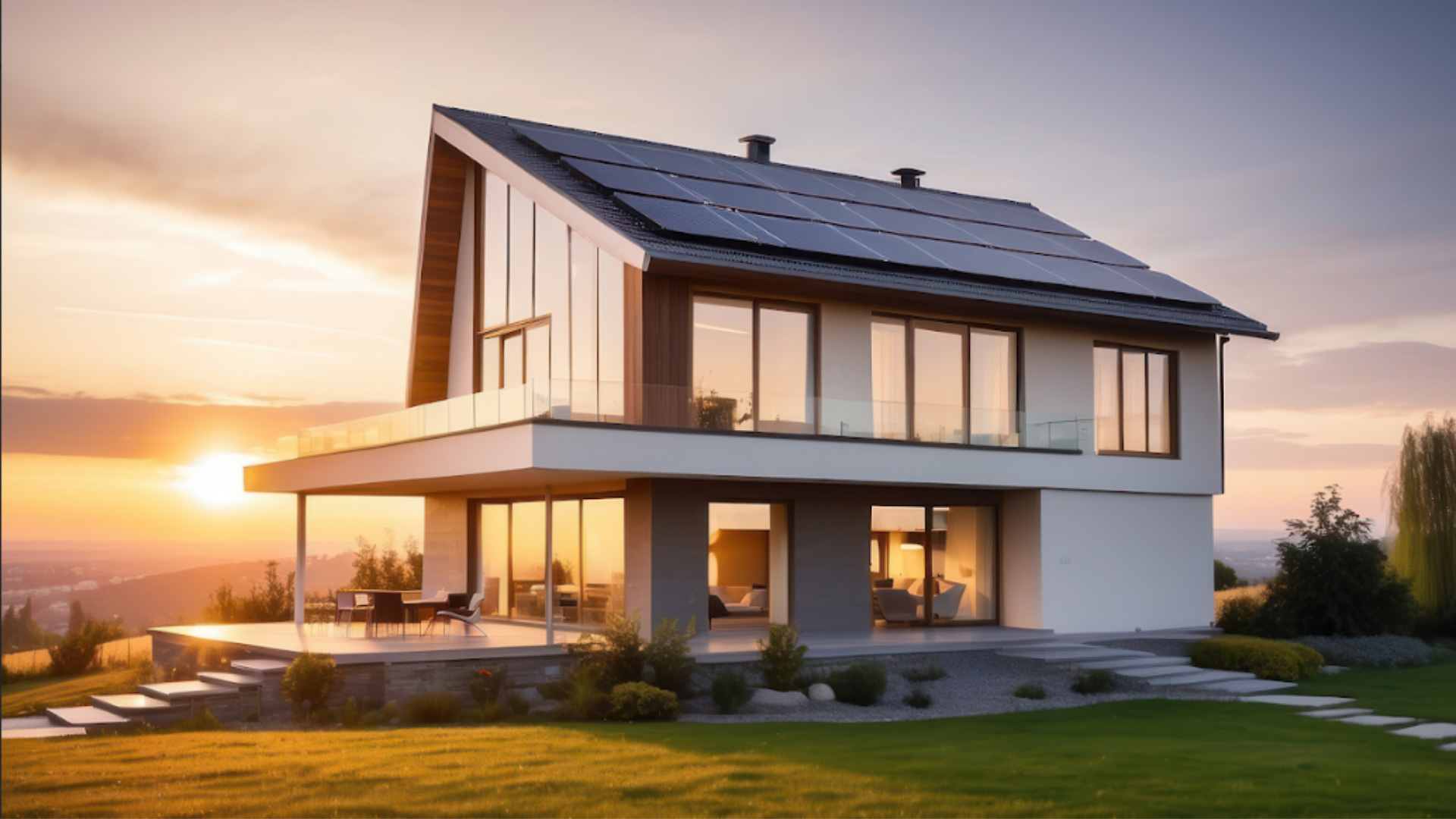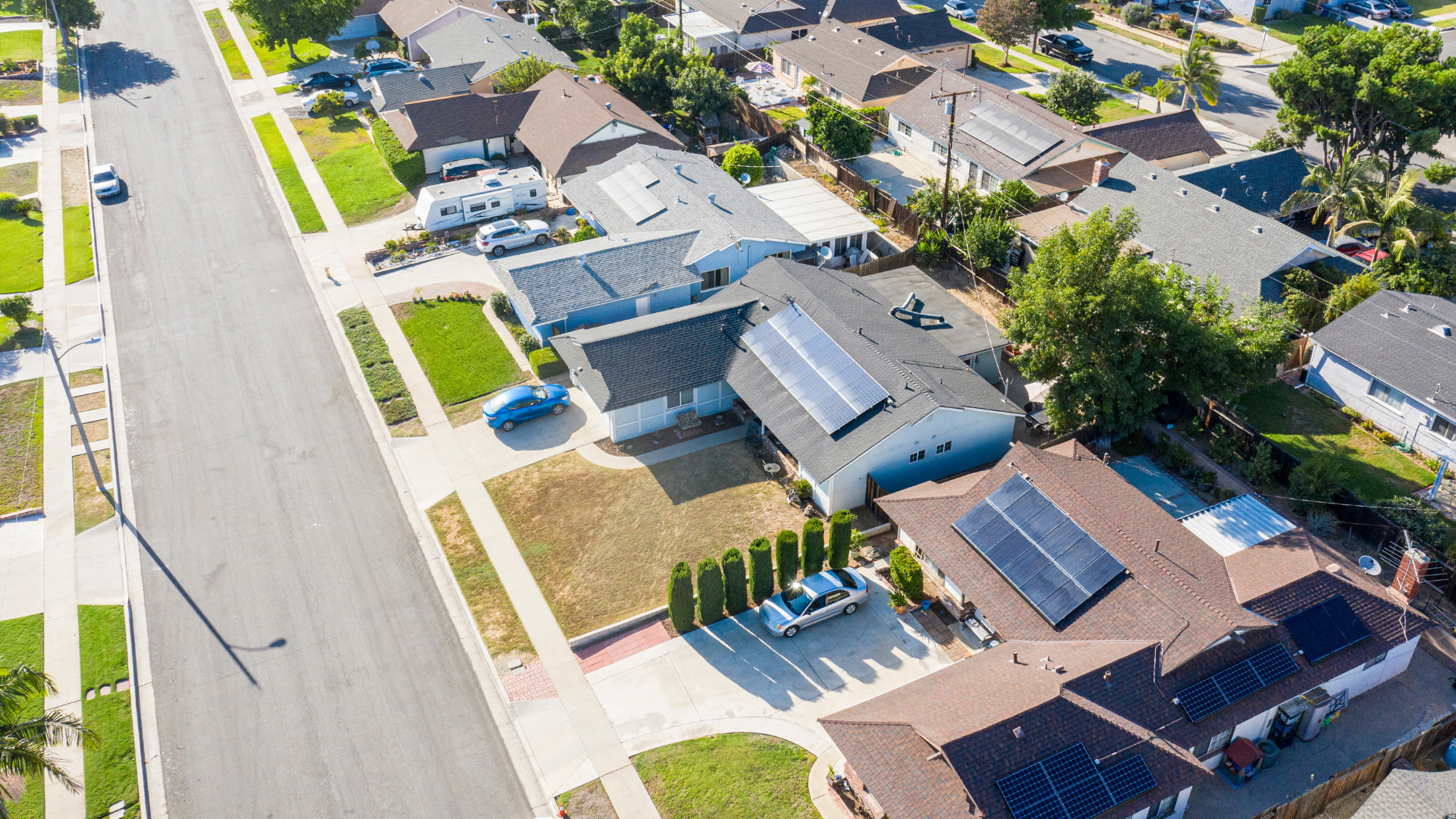Reducing utility bills has become a great concern to many home and business owners. For this reason, solar energy has gained traction as more homeowners embrace green energy. A recent report shows that solar power energy generation increased by 270 Terawatt hours in 2022, recording a new high of 1300 Terawatt hours.
Besides cutting utility bills and ensuring a consistent power supply, solar power adds resale value to your property. But, is buying solar panels worth it? It all depends on how well you understand the installation guidelines. Knowing the right solar wattage and output for your property makes all the difference. This article provides valuable information about solar panel wattage and output to help you make an informed decision.
What Is Solar Panel Wattage?
Solar panel wattage is the standard unit used to measure solar panel output, the amount of power solar panels can produce in a given time. Wattage is measured in kilowatts and describes the highest quantity of energy solar power can generate. Before installation, consider your daily usage to determine if switching to solar energy will pay off.
You also need to understand the amount of energy solar panels can produce to ascertain if it will meet your needs in the long run. Most solar panels produce between 250-400 watts. Under ideal conditions- that is exposure to direct sunlight for about six hours a day, most solar panels generate about 546-879 kilowatts-hours annually. This translates to about 1.5-2.4 kilowatt-hour daily, which is enough to power your household or business.
Factors Impacting Solar Panel Output
To get the most out of solar energy, consult professionals from a reliable solar company who can inspect your commercial or residential property to determine the right wattage based on your domestic or commercial consumption. This may be determined by your power consumption history and any plans to upgrade. Solar panel output varies based on a variety of factors.
Type of Panel
The type of panel used determines the amount of light that gets reflected into the photovoltaic cells. This determines the amount of solar radiation that gets absorbed. Depending on your consumption, you may want to consider monocrystalline, polycrystalline or thin-film solar cells.
Solar Panel Efficiency and Quality
Efficiency and quality depend on the type of photovoltaic cells used and their ability to convert solar energy into usable power. Since solar panels slowly lose efficiency over time, it’s important to purchase panels with high ratings to ensure you get the most energy from yours.
Location and Climate
You need to consider the climate and location of your home or business to get the best panels that will offer maximum energy production. Lower latitude areas and regions that experience more hours of direct sunlight tend to have a higher output.
Position of Your Panels
The angle at which the sun’s rays hit solar panels is of great importance. Ensure that panels have the correct tilt and face the right direction to help maximize solar output.
Energy Consumption
Before installing solar energy, consider your domestic or commercial energy consumption. Solar panels that produce high wattage will help you enjoy the benefits of solar energy.
System Size
The number of solar panels plays an integral role in determining solar output. Having a larger solar system means higher energy production.
Optimize Your Solar Output With Solar Energy Experts
At Solar Optimum, we help you understand how best you can leverage solar technology and enjoy reduced energy bills. Our team will help you choose the right panels based on your energy consumption. Contact us to find customized solar energy solutions that meet your home’s energy needs.

